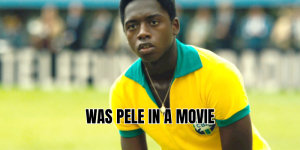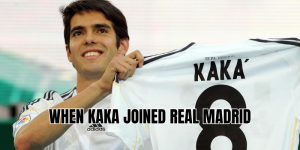When the question is Thierry Henry an owner of Como surfaces, it prompts intrigue. After all, Henry is one of football’s most illustrious figures, and Como 1907 is a club with a dramatic recent resurgence. In this article, SaiKick will walk you through the truth: what Henry’s role is at Como, how it came to be, and what influence he holds (or does not). Let’s dive into the facts, myths, and context behind this unusual football story.
Thierry Henry’s link to Como: an investor, not the majority owner
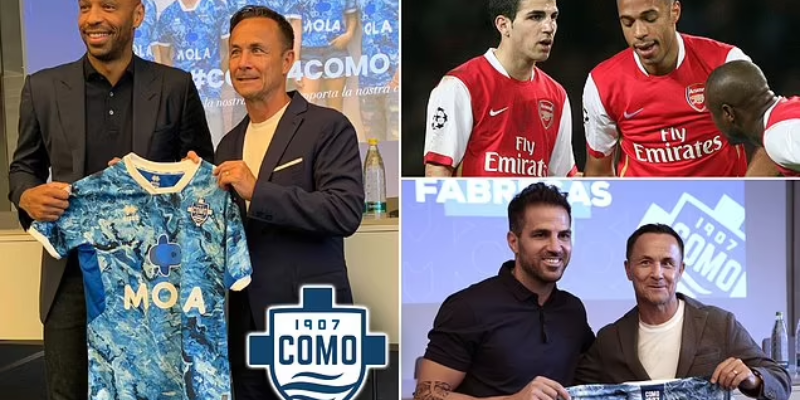
To state it clearly: Thierry Henry is not the owner of Como 1907. He holds a minority shareholder or “stakeholder” position, alongside others, under the overarching ownership of a major investor group.
- In 2019, the club was acquired by the Indonesian Djarum Group (led by the Hartono brothers), who remain the principal owners.
- Later, in August 2022, Henry was officially unveiled as a minority shareholder in Como, joining Cesc Fàbregas as another minority stakeholder.
- The club itself publicly described Henry’s role as a “stakeholder,” signaling that he does not control the club.
- Records confirm that Como’s majority ownership remains with the Djarum Group; Henry’s involvement is supportive and symbolic, not commanding.
So yes, Henry has financial and symbolic skin in the game—but he isn’t the principal owner.
How did Henry become a minority stakeholder?
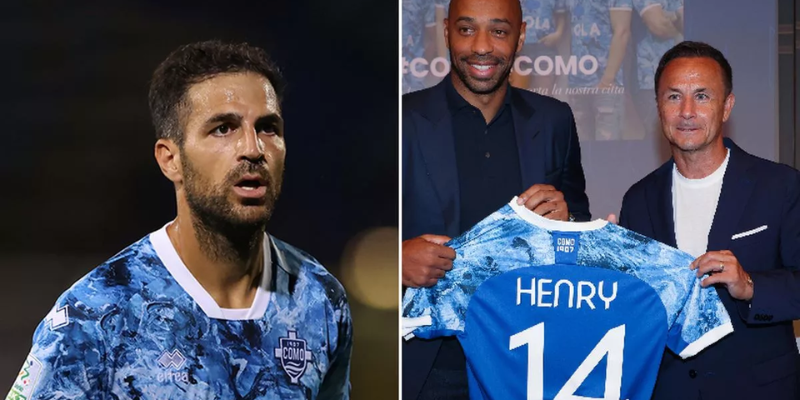
Understanding the backstory helps demystify how a football legend.
Context: Como’s dramatic rise
Como had endured severe challenges: financial collapse, relegations, and even refoundings. In 2017, the club was re-founded and played in Serie D (Italy’s amateur level). Over time it climbed back toward the professional leagues. The purchase by Djarum in 2019 injected much-needed capital and stability.
The 2022 ownership move
- In August 2022, Como held a formal press conference introducing Thierry Henry as a new shareholder and Cesc Fàbregas as both a player and minority owner.
- Henry explained he had been watching the club’s ambitions and saw alignment with his values: he stressed community, local development, and football identity.
- The deal was never presented as a takeover—rather, as an add-on to reinforce the club’s project.
Why Henry?
Henry brings several strategic advantages:
- Branding and reputation: His name adds prestige to the club’s global profile.
- Network: His contacts, experience, and voice can help attract talent or partners.
- Vision alignment: Henry has expressed interest in youth development and community engagement—areas clubs with deep roots value.
Although his stake is modest, it is symbolically rich.
What influence does Henry wield at Como?
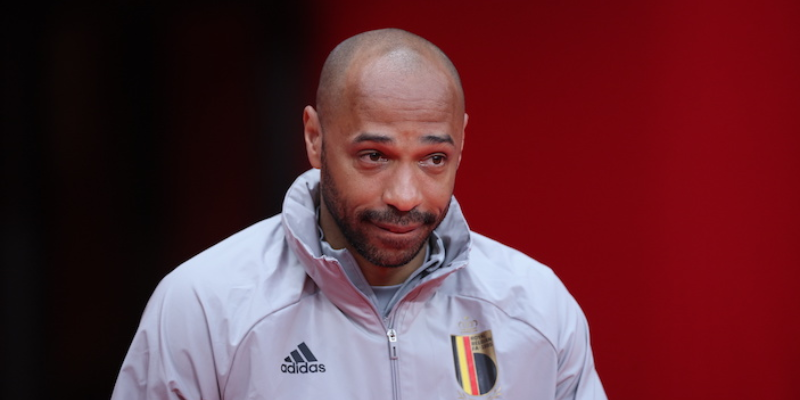
Since Henry doesn’t dominate ownership, his role is constrained—but not null.
On-pitch and off-pitch influence
- Henry doesn’t make the final calls on major club decisions such as budgets, transfers, or board changes—that authority remains with majority owners and club executives.
- That said, as a minority stakeholder and ambassador, he likely has input or advisory capacity, especially on branding, global outreach, youth strategy, and international partnerships.
- In April 2025, Henry spoke publicly about manager Cesc Fàbregas’s future — and he joked or hinted that he and Fabregas might influence that decision. That suggests he has at least counsel-level influence, though not absolute control.
Limits to influence
Henry’s role is bounded by:
- His minority share means he cannot override decisions made by the majority.
- He may often act in an ambassadorial capacity rather than hands-on in daily operations.
- His other commitments may limit his day-to-day involvement at Como.
Impact and narrative: how Henry’s stake matters
Although he is not “the owner,” Henry’s involvement still resonates for fans, media, and the broader narrative of football.
- His name brings international media spotlight to Como, lifting its brand beyond regional or lower-tier status.
- It frames the club’s project as ambitious and progressive, attracting players, investors, or sponsors more easily.
- Symbolically, it shows a new breed of ex-players getting involved in clubs they believe in—not necessarily to carry full ownership burdens, but to partner in growth.
- It fosters emotional stakes: fans see a legend believing in their club, which can bolster support.
Common misconceptions and clarifications
| Misconception | Reality |
| Henry is full owner | Not true — he is a minority shareholder. |
| He decides all major club decisions | He likely does not; that is the domain of the majority owners and club executives. |
| His stake is only symbolic | While symbolic, he also brings marketing, influence, and legitimacy. |
| He joined before Djarum ownership | No — Djarum already owned the club before Henry’s arrival in 2022. |
Conclusion
Yes, Thierry Henry is a minority stakeholder in Como — but he is not the owner. His stake reflects an investment, an alignment of values, and a symbolic commitment to the club’s ambitions. While he doesn’t hold controlling power, his presence matters: he contributes to the identity, credibility, and global aura of Como.
If you’re curious to dig deeper — about his stake percentage, how the club structure is divided, or how this compares to other ex-player investments — SaiKick is ready to explore it with you. Let me know which angle you’d like next!





